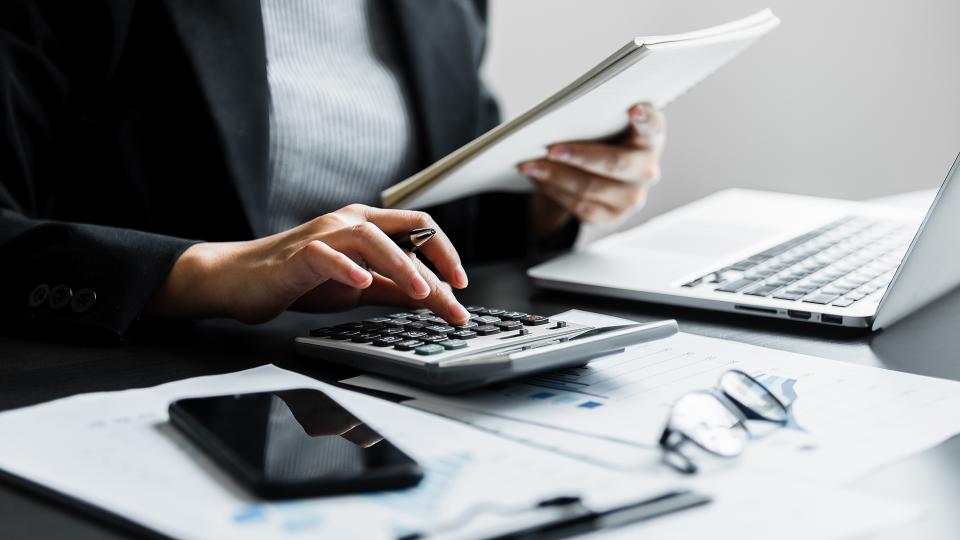
Brief description of the Module
This course is designed to introduce students to the history and culture of Rwanda and its people. It exposes students to Rwandan culture and heritage tourism as a product. The students are also introduced to the field of marketing of cultural and heritage tourism and examining the ways in which such a product may be sustained and developed to grow the local and national economy.
Learning Outcomes:
n Having successfully completed the module, students should be able to demonstrate knowledge of:
n The availale cultural attractions in Rwanda
n Apply knowledge to inventory and analysis of available cultural attractions in Rwanda.
n The importance of Rwandese culture in promoting tourism in Rwanda
n Rwandan Cultural tourism sector, challenges affecting the sector and the possible solutions.
n Impacts of cultural tourism
n Maximizing the benefits of cultural tourism
n Sustainable cultural tourism
- Teacher: Josephine GATSINZI

This course introduces students to the fundamental principles and practices of accounting. It provides a solid foundation in financial accounting concepts, including the accounting cycle, journal entries, ledgers, trial balances, and financial statements. Students learn how to record, classify, and summarize financial transactions in accordance with generally accepted accounting principles (GAAP). The course prepares learners for more advanced studies in accounting, finance, and business decision-making.
Objectives:
- Understand the purpose and importance of accounting in business.
- Learn the basic accounting principles and concepts.
- Demonstrate competence in recording financial transactions using the double-entry system.
- Prepare and interpret key financial statements: income statement, balance sheet, and cash flow statement.
- Apply the accounting cycle from journalizing to closing accounts.
- Analyze how accounting information supports managerial decision-making.
Learning Outcomes:
After completing this course, learners should be able to:
- Define accounting and explain its functions and users.
- Identify and apply the accounting equation.
- Record transactions in journals and post to ledger accounts.
- Prepare a trial balance and correct accounting errors.
- Prepare accurate financial statements for sole proprietorships or small businesses.
- Interpret basic financial data to support financial decision-making.
- Understand ethical considerations and the role of accounting standards.
Course Code: BBAD 1202
Credits: 10
Academic Year 2024-2025
- Teacher: content creator

The Beverage Management & Cocktail Making course provides students with a comprehensive understanding of the principles and practices involved in managing beverages and crafting cocktails in hospitality settings. The course covers the classification and service of alcoholic and non-alcoholic beverages, bar setup and equipment, inventory control, and responsible beverage service. Students learn mixology techniques, the art of balancing flavors, and the preparation of classic and contemporary cocktails. Emphasis is placed on hygiene, safety, customer service, and cost-effective operations. This course equips learners with both theoretical knowledge and practical skills needed for successful beverage service and bar management in hotels, restaurants, and event venues.
Objectives:
To provide knowledge of various types of beverages and their classifications.
-
To develop practical skills in cocktail preparation and bar service techniques.
-
To introduce essential tools, equipment, and layout of a professional bar.
-
To teach responsible service of alcoholic beverages and relevant legal regulations.
-
To equip students with skills for effective inventory control and cost management in beverage operations.
-
To enhance customer service abilities within beverage and bar environments.
Learning Outcomes:
Identify and classify alcoholic and non-alcoholic beverages.
-
Demonstrate the ability to prepare and serve a variety of cocktails using proper techniques and equipment.
-
Operate and maintain bar tools, glassware, and mixing equipment safely and efficiently.
-
Apply principles of responsible alcohol service and comply with beverage laws and safety standards.
-
Manage bar inventory, monitor stock levels, and minimize waste through effective beverage control methods.
-
Deliver professional customer service in a bar setting, including handling special requests and complaints.
Couse Code: BLTH 2304
Credits: 15
Academic Year: 2024-2025
Lecturer: Jean MBUNGIRA
- Teacher: content creator

Statistics is the science of collecting, analyzing, interpreting, and presenting data. It is broadly divided into descriptive statistics, which summarizes data using measures like mean, median, and standard deviation, and inferential statistics, which draws conclusions about a population based on sample data through methods such as hypothesis testing and confidence intervals. Key concepts include types of data (categorical vs. numerical), probability and distributions (e.g., normal, binomial), sampling methods, correlation and regression analysis, and the Central Limit Theorem. Tools like t-tests, chi-square tests, and ANOVA are used to test hypotheses and analyze variability across data sets. Statistics is fundamental in research, decision-making, and understanding real-world phenomena through data.
Objectives:
To introduce fundamental concepts and methods of statistics.
-
To develop the ability to collect, organize, and summarize data effectively.
-
To build skills in applying probability theory to statistical inference.
-
To enable critical interpretation and communication of statistical results.
-
To provide hands-on experience using statistical tools and software.
Learning Outcomes:
Distinguish between different types of data and scales of measurement.
-
Compute and interpret descriptive statistics (mean, median, variance, etc.).
-
Construct and analyze graphical representations of data (histograms, boxplots, etc.).
-
Apply probability rules and distributions to real-world problems.
-
Use sampling methods and understand the Central Limit Theorem.
Academic Year 2024-2025
Lecturer: Dr. Denys UWIMPUHWE
- Teacher: content creator

